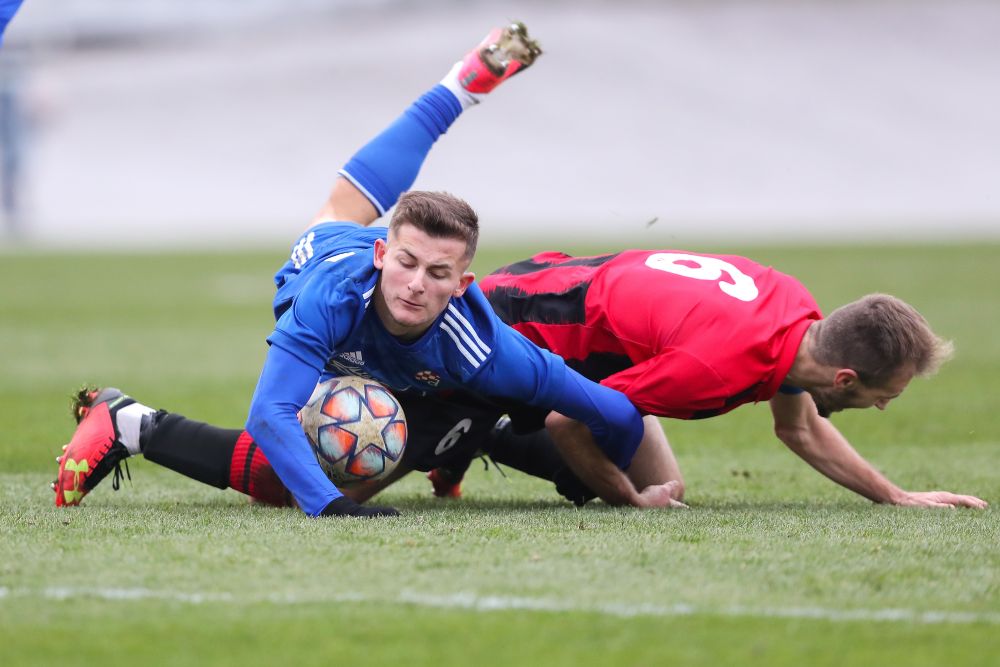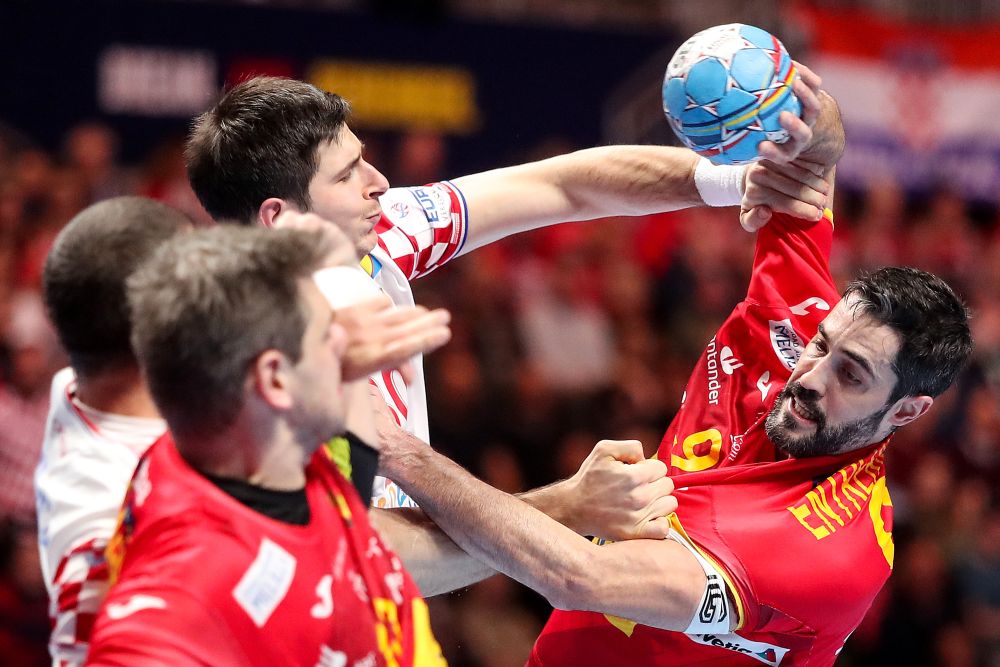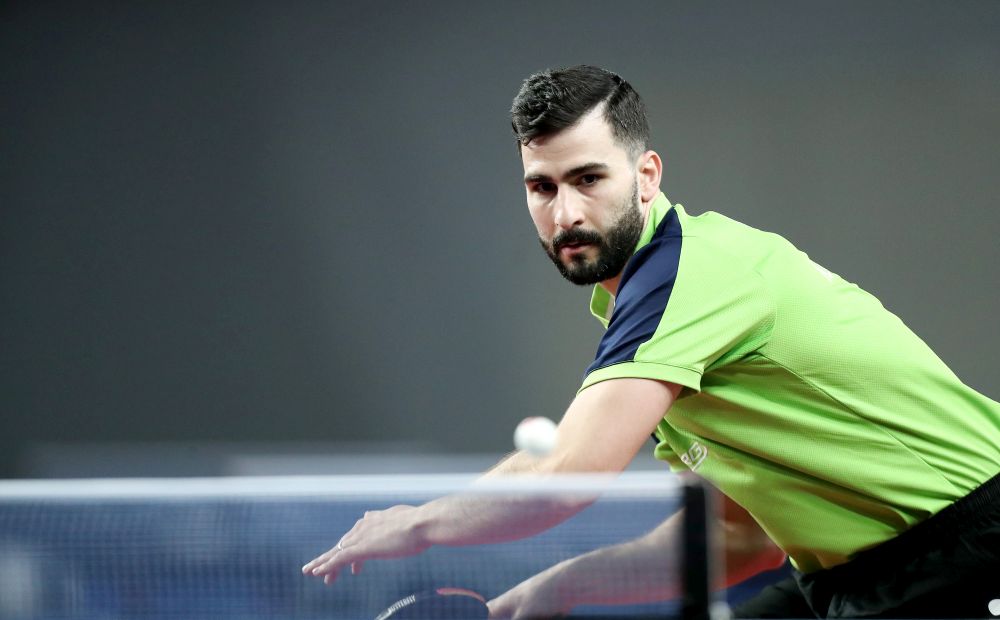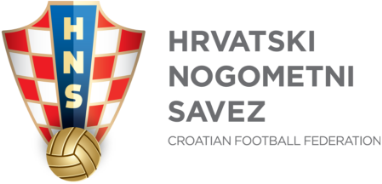On the occasion of the 97th anniversary of its birth, and to celebrate the World Sport Journalists Day, the International Sports Press Association (AIPS) held a prestigious conference — with 700 registrants from more than 100 countries— that outlined the most difficult challenges faced by journalists after the pandemic: restrictions, mental health and limited access to sources.
REGULATIONS FOR TOKYO 2020 Stating the many regulations that accredited journalists for Tokyo 2020 are supposed to follow, AIPS President Gianni Merlo delivered a powerful speech: We, the press, are not the enemy of Japan https://www.aipsmedia.com/index.html?page=artdetail&art=29925&Gianni-MerloOlympic-GamesSports-JournalistsTokyo-2020
The certainty that journalists will be followed at all times, giving away privacy, and the condition to report all the people they meet, put in danger the freedom of press. All is part of the so-called coronavirus package, but is it, really?
Moderated by AIPS Secretary General Jura Ozmec, speakers from the five continents provided valuable insights and practical examples of what is going on in their countries, and how this affect us all in general.
JAPANESE PEOPLE FEEL UNSAFE From Tokyo, the deputy editor of Kyodo News agency, Shinsuke Kobayashi, lamented some of these measures. “There is a culture that is based on seeing what the polls say. And 86 percent of residents believe the Games will put them at risk or make them feel unsafe. Unfortunately, vaccination here has been very slow, because for months Japan relied on distancing, masks and hand washing. There is still a lot of mistrust about vaccination, and also about those vaccinated. My recommendation for everyone who comes is to wear masks even outdoors. They give the people of Japan peace of mind, they liked them and wore them before the pandemic."
COMMUNICATION After being in quarantine in Tokyo, AFP chief operating officer, Vincent Amalvy, revealed some of the greys that are not reflected in the writing. “I understand that we have to fill out a form with our steps, but it is not clear how to do it, and the communication channel with the organisers is very limited. It is a very interesting challenge to be here, in Games that will be unique, but communication with the organisers should be much more fluent”.
WE ARE NOT THE ENEMY Renowned journalist Christine Brennan (ABC News and USA Today) summed up the sentiment: “Right now we are not at war nor are we the enemy. We will be cautious, we will wear masks even if we are vaccinated, but we will go there to report, and that often implies saying things that some do not want to be said.”
PROPAGANDA AND INFORMATION In this context, the intervention of the director of Marca, Juan Ignacio Gallardo, made clear the difference between propaganda and journalism. “There is an idea of clubs and athletes, especially the elite ones, that journalism can be replaced by social media, but the fan knows how to perfectly spot the difference between propaganda and information. Journalism is a vital link in the chain Putting barriers to journalism is ultimately putting barriers to fans. I think that we all agree on something: we are in a scenario where there are more and more obstacles, difficulties and barriers to access to athletes."
A WINDOW ALWAYS OPENS The director of the Mexican newspaper Récord, Carlos Ponce, depicted the situation with an example from a few years ago: “The Federation banned us from reporting and the clubs followed, because we were uncomfortable for them. But we decided to send a reporter and a photographer to the training sessions anyway, even if they did not allow us to enter. One day, in Tigres de Monterrey, the press officer told the journalists that a player was leaving the training to have a physiotherapy session. He was lying. But our reporter, that was in the parking lot, actually caught him going out to the president's office, and our photographer managed to capture them arguing in the staircase. It was a great cover, a story that no one else had. When the door is closed, as we say in Mexico, a window always opens. We need to find those windows.”
COMMERCIAL GRIP From India, Soumitra Bose, editor of Outlook magazine, stressed the importance of searching for stories. "Without access, there are no possibilities to go in search of these life stories that inspire millions", while warning about the danger of relying entirely on social media publications, "which in many cases are sweetened and managed by agencies of public relations”. Unfortunately, the click culture has brought a worrying present he depicted and media outlets need to accept, too. “The commercial grip on sports gets reflected in coverage and often media houses are happy to publish “planted” or paid content to drive their revenue. Real stories are consigned to the backburner as revenue interests take precedence over pure journalistic skills. Journalists are also compromising their ethics to remain in the good books of players and officials.”
STRATEGIC PARTNERS Baddedrine Drissi Lahsini, Editor-in-Chief Almountakhab, said: "Media and sport are strategic partners and wings of one bird, partners in making success and partners in defending the noble values of sport and partners in making sport a social engine and a lever for development. Sports federations created a press of their own, through which they promote their sports policies and desires, which lack the in-depth and professional analysis of sports journalists. The sports media need to confront the issues that “threaten our professionalism, credibility and integrity and encourage athletes and federations to create obstacles.”
Osaka and the mental health issue
After Naomi Osaka's refusal to participate in the press conferences, a fact that began at Roland Garros, the issue of mental health was also treated in a very respectful way. Tracey Holmes, multi-award-winning Australian ABC journalist, believes that athletes' decisions should be respected, because their silence, as in the case of Osaka, "also represents a statement.”
“Naomi Osaka made a very powerful statement by saying nothing at all at the French Open. In the process she raised the issue of mental health. There are some who believe she should be forced to speak to the media. I am not one who thinks that. Thinking she should be forced to speak to us is an exercise in vanity on our part. We are a vital part of the sports industry, yes, but should athletes be forced to speak to us?”
As Holmes pointed, journalists are complaining because they are being told what to do by someone else. Isn’t it the same case with Osaka? Should we maybe bring the organisers to the discussion? "The important thing is not to waste so much time trying to discuss 'the news' without seeing that the real stories go right under our noses. As journalists we are observers. We watch and listen to the world. We interpret it for others. For us, there will always be something to report, whether people choose to speak to us or not."
Kwabena Yeboah, editor of African Sport Newspaper, said: “Whatever the field of journalism we find ourselves in, dealing with sources is what makes or unmakes us... And in dealing with sources, mutual trust is fundamental. If our primary sources, in this case sportsmen are anxious, unhappy, moody, unwilling to speak and depressed, answering questions will be the last priority for them. In many ways our work as journalists, how we report certain news stories and what we ask from players and athletes affect their mental health in ways we do not know. Why must a player speak to reporters at all cost regardless of how they feel? A lot of education will be needed by journalists if this worrying trend has to get better. We have to know what to put out and when to hold our cards to our chest because it could affect the mental health of the athletes”.
Pier Bergonzi, deputy director of La Gazzetta dello Sport, recalled an anecdote of how a question - and an answer - from the remembered Marco Pantani had been key to showing freshness, and also the true face of an athlete. “The question was how he had managed to go so fast. If this had been handled by a communication agency, we would have been sent a statement the next day that would not have said anything interesting,” he said.
And continued: “First of all: mental health is a huge and serious problem. It’s a sign of the times... But, it could be also a real and increasing problem for us, the journalism community. The champion, the team and all the press offices will have to check everything. They only want to talk through the social network. They want to have the questions before the interview and want to read the story before publication… The space for our work, our role is becoming less important every day. But it is a colossal mistake… The problem we will have if mental health becomes a refuge is obvious. The best interviews arise from direct confrontation, those that make athletes become real characters, well beyond the pre-packaged world of social media. We would not want the consequences of the lockdown and the fear of the pandemic, to increase the distance between us and the protagonists we talk about in our media. And we do not want anyone to speculate on the problems of mental health it would be a deontological horror for our profession”.
On this topic, Gallardo added: “I understand that it is a specific situation in which the most correct thing is to respect the decision of the athlete… Journalists will have to fight so that the distance with the sources does not grow, and that it even reduces. And that everyone understands that this fight is not just for us: it is for the good of the fan, the athlete and the sport itself. But if it becomes a recurring argument to avoid press appearances, formulas would have to be found immediately to solve the situation."
Although no one believes that there could be a credible chain reaction in a subject as delicate as mental health, Brennan gave an example of how, through a press conference, an American swimmer, Simone Manuel, ended up confessing suffering a syndrome of overtraining. “First of all, journalists are human beings. We listened to her, we were moved, we asked her with respect. I think Osaka went the wrong way in how she announced this, and with the second tweet from her she recognised it herself, apologising to journalists she knew personally. Today, unfortunately, it is very fashionable to blame the press, that has been the recipe of our former president, Donald Trump, but it is never the fault of the press,” she concluded.
There was time to interact with the participants. One of them, Hernan Sartori from Clarin (Argentina), pointed a devastating fact: "90 percent of the accredited from Argentina will not be able to be present in Japan, due to budget reasons and current restrictions. I had to tell my editror that out of the 50 best articles we have made in the last three Games, none could have been written in these conditions. I can’t agree more with Mr. Merlo”.
Alerted by the new requirement to stay in approved hotels that sometimes cost 4 times more than the ones originally booked, Gianni Merlo sent a final message: “There is no journalism for the rich or the poor, there are not two categories among journalists. That happened in the Middle Ages. Now, journalists who had their hotel paid, are being asked to transfer to hotels that cost four times as much, to give up. It is like putting them in a ghetto for financial reasons that as an association we cannot accept”.
 Martin Mazur - AIPS Media
Martin Mazur - AIPS Media

 EN
EN HR
HR






































